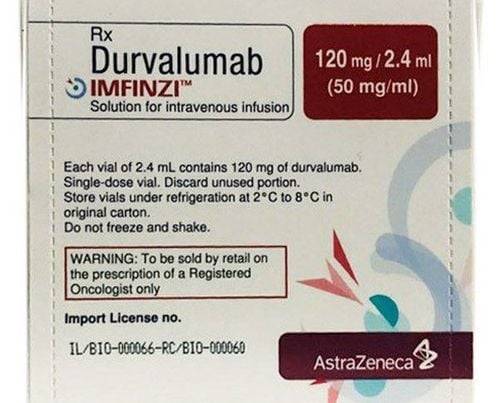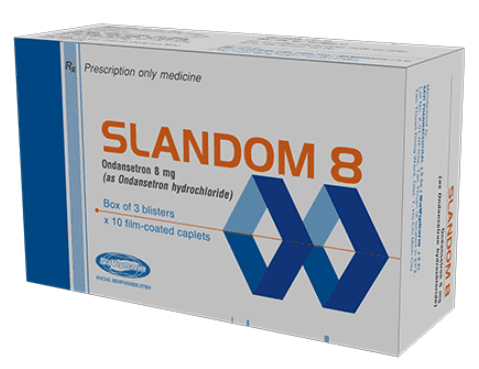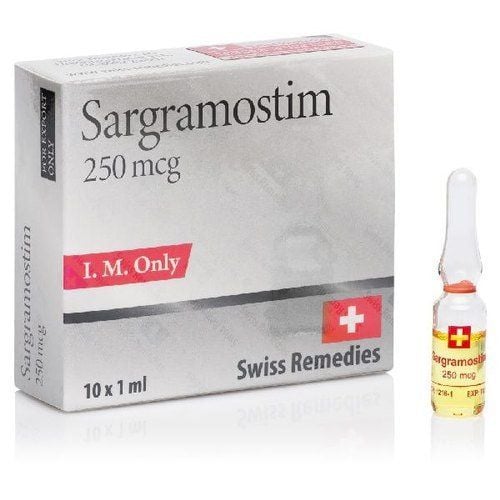This is an automatically translated article.
Sexual activity is a natural human need, especially for people with cancer. During and after treatment, physical and emotional changes will take place, affecting the desire and ability to have sex.1. Unwanted effects from the treatment process
Sexual problems may appear during treatment, immediately after treatment or even years after treatment has ended. Possible sexual changes are:
Decrease or loss of libido. Inability to achieve or maintain sexual pleasure. Vagina, vulva reduced or no longer lubricated. Difficult or impossible to orgasm. Pain during sex. Genital pain or loss of sensation.
2. Treatments affecting sexual health
Whether directly or indirectly, treatments often affect a woman's sexual health.
2.1 Radiotherapy Undesirable effects of radiation therapy often cause a decrease in sex drive, including:
Diarrhea Fatigue. Nausea. Vomit. Radiation therapy to the pelvic area can cause vaginal dryness and burning pain. Adverse effects may persist for several weeks after treatment. Scar tissue after forming can cause narrowing, pulling on the vagina, making sex difficult, painful or even impossible.
Menstrual cycles can suddenly disappear even before menopause, called premature menopause, manifested by the following symptoms (which can lead to pain during sex):
Decreased sex drive. Vagina and vulva are dry. Vaginal itching, vulva. Vagina and vulva are swollen. 2.2 Chemotherapy Chemotherapy can affect appearance as well as sex drive, including:
Gain or lose weight.

Giảm cân
Nausea. Vomit. Diarrhea. Some types of chemotherapy inject chemicals into the pelvis or bladder to cause pain and swelling, making sex difficult or impossible, until the body recovers. In young women, inactivity can occur. sudden onset of the ovary, and the condition may be temporary or permanent.
2.3 Other drugs Some other drugs (such as pain relievers, antidepressants, etc.) can cause a decrease in sex drive.
2.4 Adnexal surgery Surgery on the reproductive organs can affect the length of the vagina, nerves, muscles, and blood vessels. Surgery can also cause narrowing of the vagina or chronic pelvic pain. All of these affect sexual performance. Patients who have not yet reached menopause and have both ovaries removed will have early menopause.
2.5 Rectal or bladder surgery These surgeries remove part or all of the colon, rectum, or bladder, and sometimes require an ostomy or stoma. Artificial anus, artificial urinary openings are passages opened during surgery so that feces and urine will pass out of the body later. And for that reason, they affect the patient's mental state, reducing libido and sexual performance.
2.6 Breast Cancer Surgery Surgery to remove part or all of the breast will change the look and feel of the breast.
2.7 Hormone therapy Anti-estrogen treatments can cause symptoms of menopause, including:
Hot flashes. Dry vagina and vulva. Pain during intercourse. Reduced sex drive.
3. Mitigate unwanted effects
In the field of palliative care of cancer, reducing unwanted effects is an important issue, including:3.1 Vaginal moisturizer These products are non-hormonal, over-the-counter, Moisturizes the vagina and vulva, making sex more comfortable. Use 3-5 times per week, and for best results, use at bedtime.
3.2 Vaginal Lubricant Includes water-based, silicone or oil-based products that provide lubrication for comfort and increased pleasure during sex.
3.3 Pelvic floor exercises These exercises help strengthen and strengthen the pelvic floor muscles, and help reduce pain during sex.
3.4 Vaginal dilators These devices help to dilate the vagina, reduce tightness, and help reduce pain during sex. These devices come in a wide variety of sizes, and can be progressively used from small to larger sizes. The best results will be achieved if combined with exercises for the pelvic floor muscles.
3.5 Vaginal Low Dose Estrogen In the form of rings, creams or tablets that release estrogen into the vagina. They help the vagina recover and are an alternative when non-hormonal products or lubricants don't work.
3.6 Vaginal Dehydroepiandrosterone (DHEA) Helps treat vaginal dryness or pain during sex without increasing estrogen levels, and may be a good choice for women with estrogen-sensitive cancers.
3.7 Lidocaine Vaginal Use just before sex, relieve pain and increase pleasure.
3.8 Hormone replacement

Tác hại của suy giảm nội tiết tố
This is the most effective for women who suffer from hot flashes. However, women who are on hormone therapy should not use additional hormone replacement. They will have to substitute other drugs such as paroxetine, venlafaxine (Effexor), gabapentin (Neurontin), and clonidine (Catapres, Kapvay) to solve the hot flashes problem.
Cancer patients' psychology has many negative stages, therefore, in addition to support, encouragement and care from family, patients need emotional and psychological treatment by an intervention team. Professional and appropriate mentality. Besides, the application of the right therapy is also one of the important factors to help cancer patients overcome their fears, depression, and feelings of torment.
Articles refer to the source: cancer.net
How does cancer affect your family life? Reproductive health care in female cancer patients Treatment methods for breast cancer at Vinmec













